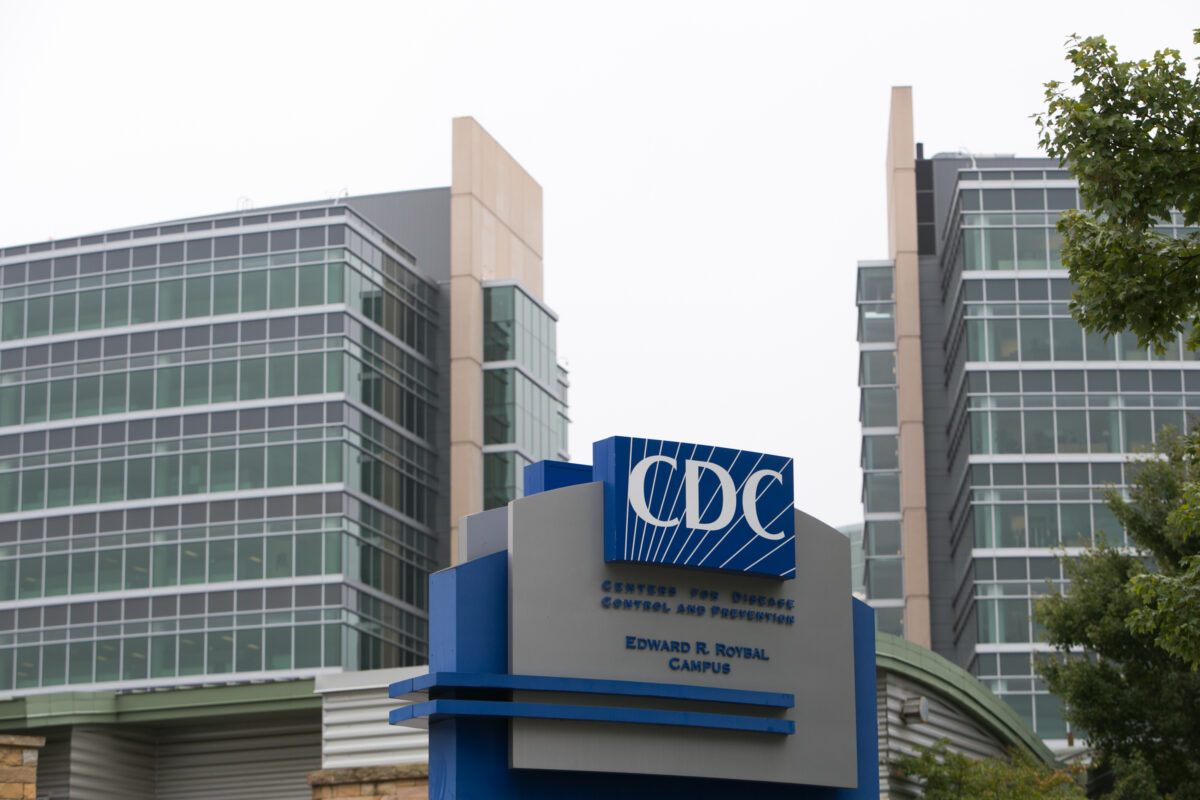
Photograph by means of Jessica McGowan/Getty Photography.
The Centers for Illness Regulate and Prevention were a widespread target for criticism over its response to the Covid-19 pandemic, incessantly over issues about how the government company was once speaking knowledge. Now, as a New York Times file highlights, that criticism could shift to focus on the flip aspect of that drawback: that the company is failing to keep in touch, together with protecting back vitally vital knowledge.
Because the Instances‘ Apoorva Mandavilli mentioned, the CDC has accrued vast swaths of knowledge all over the pandemic, and there’s an eyebrow-raising amount of it that has now not been launched unless not too long ago, used to be simplest partly launched, was once launched simplest to state companies, or get right of entry to used to be in any other case limited.
For instance, the CDC has been amassing data on hospitalizations for Covid-19 throughout the U.S. for over a year, breaking down the data with the aid of age, race, and vaccination standing. Most of that knowledge has now not been made public.
Their file on the effectiveness of boosters in adults below 65 years of age, revealed two weeks in the past, utterly unnoticed all knowledge for 18- to 49-yr-olds, a tremendous hole in the document.
The “Nationwide Wastewater Surveillance System” (NWSS), a dashboard of knowledge tracking the presence of SARS-CoV-2 ranges in wastewater at trying out websites across the united states, was once first posted on the CDC’s web page previous this month. More than one state and native governments had already been collecting this data, and even sharing it with the CDC, for awhile — some from the very starting of the pandemic. Alternatively, the CDC didn’t liberate any of these findings until now.
All in all, Mandavilli summarized the CDC’s moves as “publish[ing] most effective a tiny fraction of the information it has accrued.”
In lots of of those examples, the CDC had an excuse for holding again the information, frequently citing concerns that the tips might be misinterpreted, as CDC spokesperson Kristen Nordlund told the Instances. Details about leap forward infections amongst vaccinated Americans gave upward push to explicit considerations that it could possibly lead folks to query the vaccines’ effectiveness. But withholding that information hasn’t avoided that drawback.
Any other challenge has been the more than one layers of bureaucracy that must give their stamp of approval, each throughout the more than a few divisions of the CDC and throughout the Division of Health and Human Products and Services, the a part of the manager branch which oversees the CDC.
A couple of outside public health experts panned the CDC’s sluggish unlock of knowledge when contacted with the aid of the Instances.
Epidemiologist Jessica Malaty Rivera was once on the team that ran the Covid Monitoring Undertaking, an independent challenge that gathered and revealed pandemic information unless March 2021. She commented that that they had been “begging for that kind of granularity of knowledge for two years.”
Rivera used to be additionally dismissive of the CDC’s excuse about looking to forestall the information from being misinterpreted. “We’re at a much greater risk of misinterpreting the info with data vacuums, than sharing the information with proper science, communique and caveats,” she said.
Dr. Yvonne Maldonado, chair of the American Academy of Pediatrics’s Committee on Infectious Diseases, expressed frustration over the difficulty of acquiring CDC knowledge on youngsters who have been hospitalized with Covid and had different scientific conditions.
“They’ve identified this for over a yr and a half of, right, and so they haven’t advised us,” she mentioned. “I mean, that you would be able to’t to find out anything from them.”
Relating to the wastewater analysis, many consultants view that knowledge as seriously vital, each for its ability to adequately pinpoint case surges and new variations, and for the fact that it tracks the virus ranges current in a whole neighborhood, and therefore doesn’t invoke the identical privateness concerns that other methods of Covid monitoring would.
On this case, the CDC was once slowed down by way of hassle managing the data and publishing it in a way that used to be available and logical. An extra $eleven billion in govt funding to modernize their programs helped, but it was once nonetheless a prolonged course of. Still, eight of the 31 states presently monitoring wastewater information with the CDC were doing so way back to fall 2020.
The publish CDC Beneath New Scrutiny For Accumulating Broad Number of Covid-Associated Knowledge But Publishing ‘Only a Tiny Fraction’ first appeared on Mediaite.



